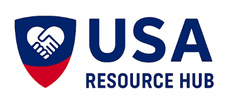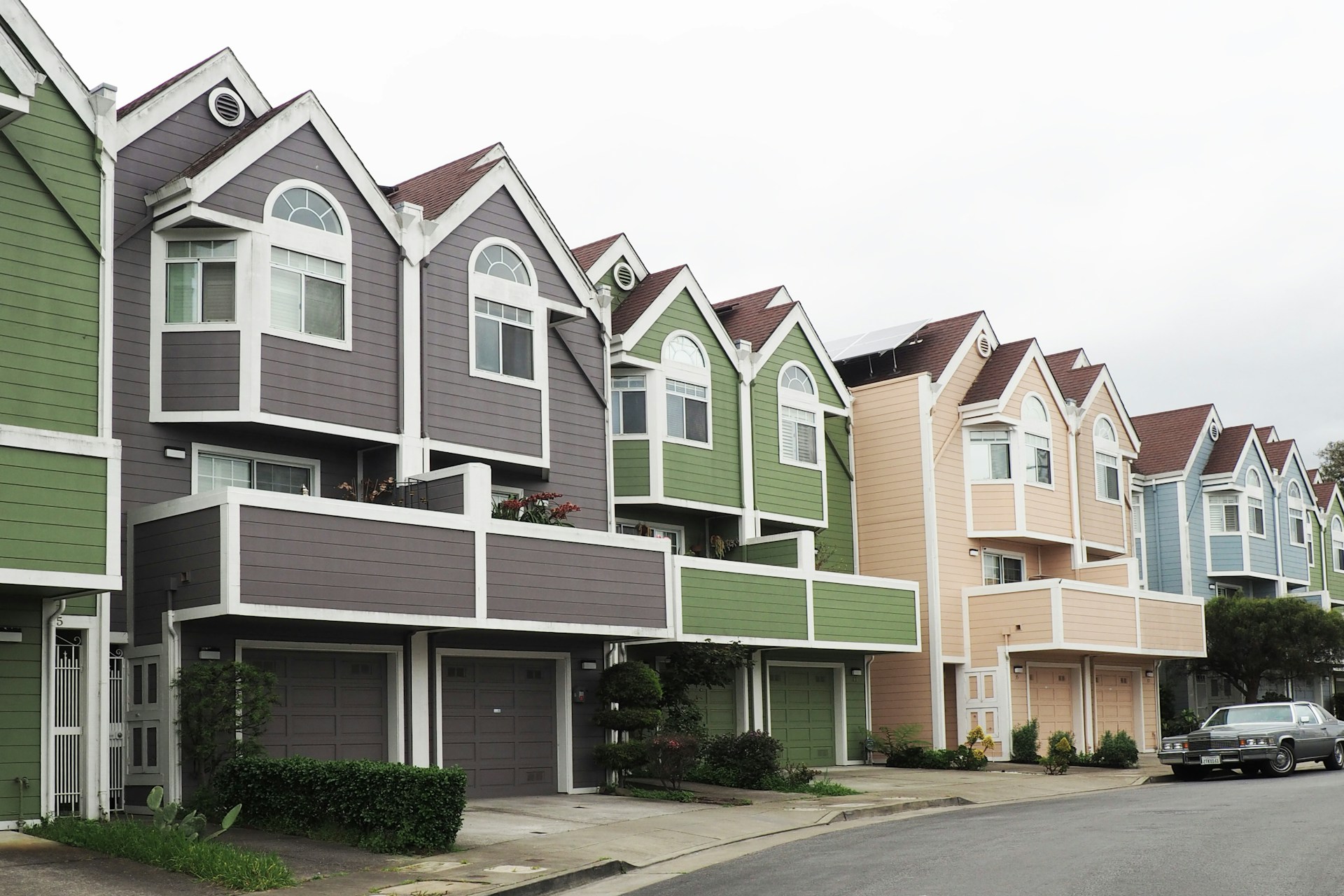Yes, you can still qualify for housing support even after being denied a loan. In fact, many housing assistance programs are designed specifically for individuals and families who cannot secure financing through traditional lenders. A loan denial does not disqualify you. It often highlights the very need that housing support programs aim to address.
Whether the rejection was due to credit history, income limits, or lack of collateral, there are still viable paths to affordable housing. These programs operate on different criteria and are built to serve households that fall outside conventional lending systems.
Why Loan Denial Does Not Block Housing Assistance
Housing support programs, especially those backed by the U.S. Department of Housing and Urban Development (HUD), do not function like mortgage lenders. They do not require high credit scores, down payments, or bank approval. Instead, they focus on income eligibility, housing need, and family composition.
In many cases, being denied a loan strengthens your case for assistance. It signals that you are unable to access market-rate housing through conventional means, which is exactly what public housing, Section 8 vouchers, and other support programs are designed to address.
Housing Programs That Do Not Require Loan Approval
Several major housing programs are open to applicants regardless of loan status:
- Public Housing Managed by local housing authorities, public housing provides government-owned units to low-income families. Rent is based on income, and credit history is not a primary factor. Loan denial has no bearing on eligibility.
- Section 8 Housing Choice Vouchers This program allows you to rent from private landlords with a subsidy that covers part of the rent. While landlords may screen for credit, the voucher itself is issued based on income and housing need, not loan history.
- Low-Income Housing Tax Credit (LIHTC) Properties These privately owned developments offer reduced rent to qualifying tenants. Many do not require credit checks or loan approval, focusing instead on income verification and rental history.
- Emergency Housing Vouchers (EHVs) Designed for individuals facing homelessness, domestic violence, or housing instability, EHVs are distributed through referrals from shelters and service providers. Loan status is not considered.
What You Will Need Instead of a Loan
While housing support programs do not require loan approval, they do require documentation. Be prepared to provide:
- Proof of income such as pay stubs, benefit statements, or tax returns
- Identification for all household members
- Social Security numbers or alternative verification
- Current housing status such as an eviction notice or shelter intake form
Some programs may also ask for rental history or references. These are evaluated differently than in the private market. The focus is on housing need rather than financial leverage.
How to Strengthen Your Application
Even without a loan, you can improve your chances of qualifying for housing support by taking the following steps:
- Apply early and to multiple programs Waitlists can be long. Submit applications to your local housing authority, nearby counties, and nonprofit housing providers.
- Work with housing counselors HUD-approved counselors can guide you through the process, help you gather documents, and explain eligibility rules.
- Provide context for your loan denial If your loan was denied due to a specific hardship such as medical debt or temporary unemployment, include that information in your application. Many programs consider mitigating factors.
- Stay in contact Follow up with housing offices. Update them if your income changes or if you receive an eviction notice. Persistence matters.
What to Do If You Are Denied Again
If your housing application is denied, you may have the right to request a review or appeal. The housing authority must provide a written explanation, and you can submit additional documentation or clarification. Even if the appeal does not result in approval, it may help you qualify for other programs or reapply with stronger materials.
Loan denial is not the end of your housing search. It is often the beginning of a different path. Housing support programs exist to help people who cannot access traditional financing. They are built around need, not credit scores or bank approvals.
If you have been turned down for a loan, do not wait. Reach out to your local housing authority, explore voucher programs, and connect with housing counselors. The support is there. You just need to take the next step.


Leave a Reply